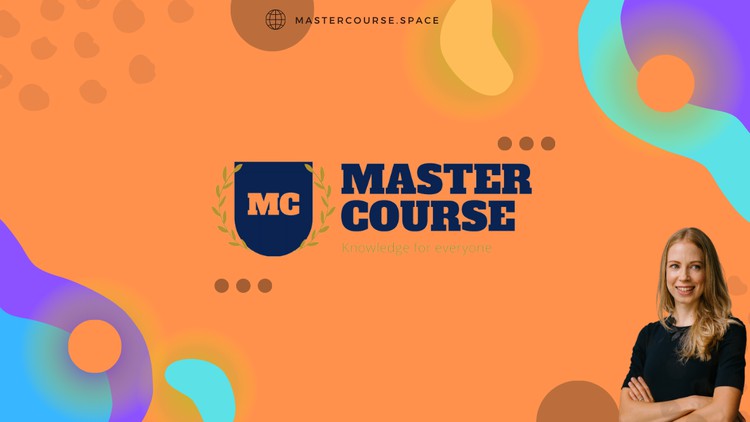PMI-ACP exam questions | PMI Agile Certified Practitioner
PMI Agile Certified Practitioner mock questions for examination candidates
4.39 (22 reviews)

323
students
1000 questions
content
Aug 2022
last update
$64.99
regular price
What you will learn
1st domain: Agile Principles and Mindset.
2nd domain: Value-Driven Delivery.
3rd domain: Stakeholder Engagement.
4th domain: Team Performance.
5th domain: Adaptive Planning.
6th domain: Problem Detection and Resolution.
7th domain: Continuous Improvement - People, Process and Product.
Screenshots




Related Topics
4737130
udemy ID
6/16/2022
course created date
7/20/2022
course indexed date
Bot
course submited by